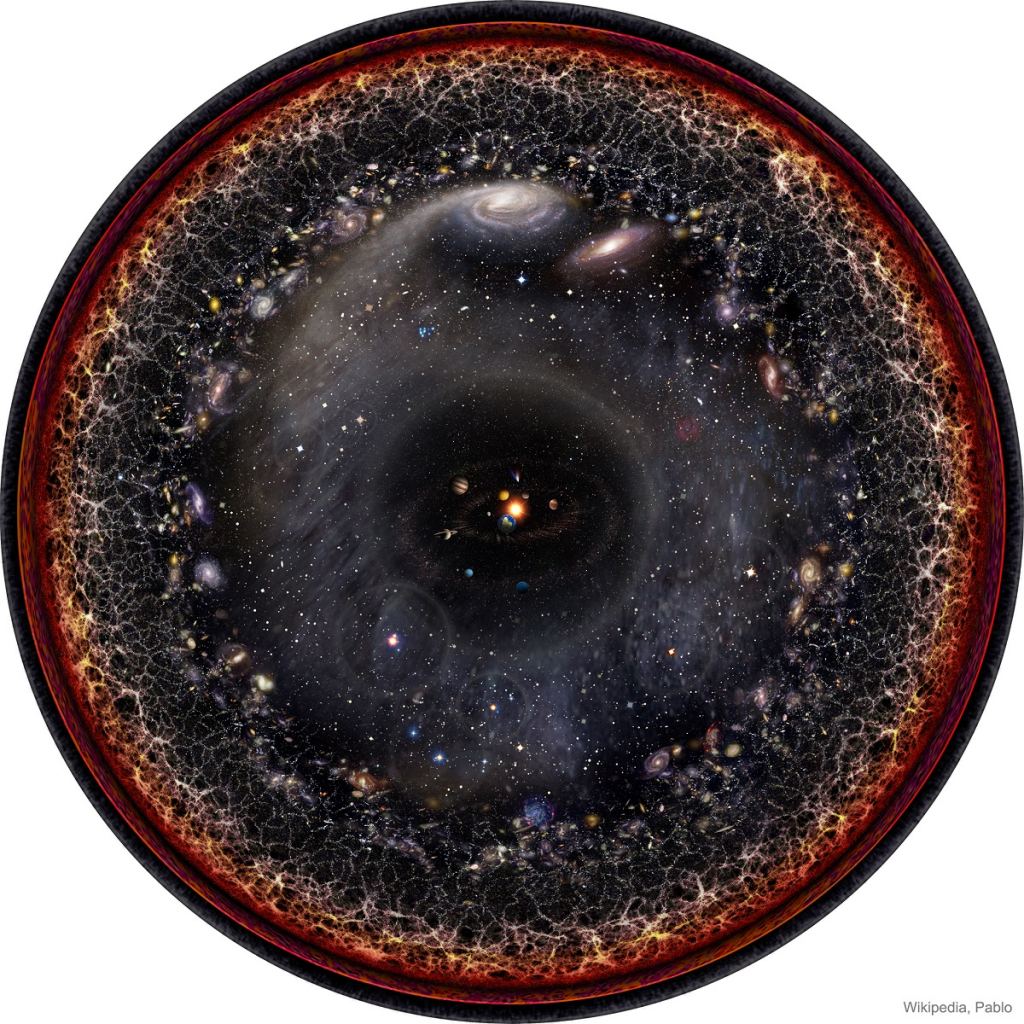Primordial holes formed in the exotic conditions of the big bang may have become their own source of matter and radiation. The standard story of the early universe goes like this. When our cosmos was incredibly young, it underwent a period of incredibly rapid expansion known as inflation.
Then inflation went away and flooded the universe with particles and radiation in the hot big bang. Then the universe expanded and cooled, and as it did so the density of that matter and radiation dropped. Eventually the matter got itself together informed stars, galaxies and clusters .
But new research suggests that this simple story may be missing a key ingredient: primordial black holes. Currently we know of only one guaranteed way to create black holes. That’s through the deaths of massive stars.
When they collapse in on themselves at the end of their lives, they reach high enough densities to overwhelm every other force and trigger the formation of a black hole. But the early universe may have been exotic enough to make black holes in its own way. When inflation ended and the universe began to cool off, it was not a smooth and gentle process.
Instead it was incredibly violent, with massive shifts in energy and mass from place to place. It’s possible that pockets of the universe may have spontaneously reached high enough densities to form black holes directly on their own, without having to go through the formation of stars first. These are the so-called primordial black holes.
Cosmological observations already placed severe limits on the number of primordial black holes that could inhabit the early universe. But there is still room for them to exist. And a team of researchers have put together a paper exploring an unexpected consequence of the formation of these primordial black holes.
We know from the work of Stephen Hawking that black holes are not entirely black. They actually glow a little bit through an exotic quantum process known as Hawking radiation. For normal-sized black holes this is a very inefficient process.
A typical black hole will only emit one particle of radiation every year or so. But smaller black holes emit much more radiation. If the primordial black holes were small enough, then they would evaporate completely while the universe was still in its infant stages, leaving no trace of their existence behind.
But the researchers found that this leads to a curious situation. As these primordial black holes evaporated they released their own floods of radiation and matter. Despite the expansion of the universe, if enough primordial black holes evaporated then the density of matter and radiation could stay constant.
This would lead to a an extended black hole-based big bang scenario. Eventually all the primordial black holes would go away and the rest of cosmological history would go on without them. But they would leave their mark.
The changes in matter and radiation density can potentially have long-lasting impacts that we could detect even to the present day. And the evaporation of primordial black holes themselves trigger the formation of gravitational waves, which might linger still today. We may not ever find direct evidence for primordial black holes, but the researchers have found that we may find their subtle fingerprints throughout the universe.
The post Primordial Black Holes May Have “Frozen” the Early Universe appeared first on Universe Today. .
From: universetoday
URL: https://www.universetoday.com/160841/primordial-black-holes-may-have-frozen-the-early-universe/



